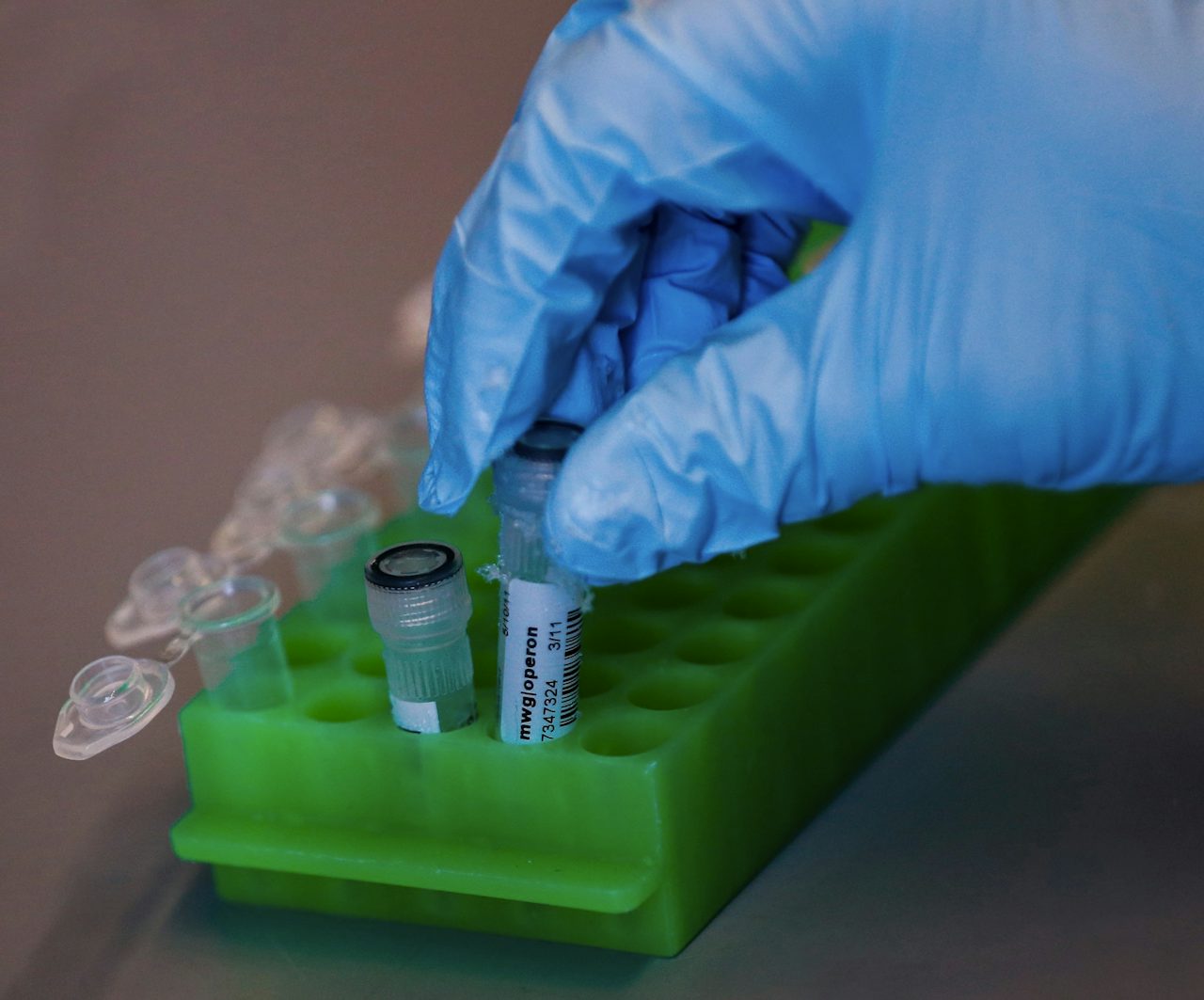On Tuesday, a panel of experts selected by the National Academy of Sciences and the National Academy of Medicine released ethical recommendations for tinkering with human genetics. The guidelines — prompted by the emergence of cheaper, more precise genome editing techniques in the past five years — included what Science called a “yellow light” for editing in human embryos, something that has been controversial especially in the U.S.
The report was, in other words, fairly permissive. The panel basically endorsed hacking human genetics, with strict oversight and precautions. However, it also recommended that genetic enhancement — tweaking DNA to give ourselves superhuman muscles, for example, or extra intelligence — “should not proceed at this time.”
This taps into an existing debate. Should there be limitations on what humans can do to their bodies? And is this ability something that should be available to everyone?
Biohackers believe people should have access to technology that cures disease — say, for example, genetically modified cells that can be used to treat cancer — without limitations on access. That’s a pretty easy argument to follow. Where it gets radical is when they assert the right to enhancement.
“Gene engineering should be a human right!” tweeted Josiah Zaynor, founder of The ODIN, an online store that sells kits that let you do simple genetic engineering experiments at home, in response to the news about the ethics recommendations.
“We are at the first time in the history of humanity where we can no longer be stuck with the genes we are dealt,” Zaynor told The Outline in an email. “As a society we have begun to see how choice is a right, but for some reason when it comes to genetics, some people think we shouldn’t have a choice. I can be smart and attractive, but everyone else should be ugly, fat, and short because those are the genes they were dealt and they should just deal with it.”
His reaction is in line with the Cyborg Bill of Rights, written by human augmentation advocate Rich MacKinnon. With the document was drafted with embeddable electronics in mind, rather than gene editing, its principles are the same: Let us do what we want with our bodies. It asserts the “freedom of morphology,” or the right to make changes to one’s body.
The Transhumanist Bill of Rights, compiled by human modification technology advocate and former presidential candidate Zoltan Istvan, says something similar: Humans are entitled to the right to make “personhood improvements.”
There are multiple threats to these theoretical rights. Ethics rulings like Tuesday’s reflect the caution of the scientific establishment, which is just one interest group in a battle over crafting genetics laws. The religious right, for example, isn’t as keen on “designer babies.” In addition to restricting what scientists can do in labs, new policy could stop individuals from hacking on themselves at home. Such a law wouldn’t be unprecedented: Earlier this month, Germany declared that anyone doing genetic engineering outside of a licensed facility could be subject to fines and up to three years in prison. (The U.S. government has come out against unauthorized gene editing in dogs, a separate issue.)
Another threat to the unfettered freedom biohackers want comes on the legal front. There is an ongoing fight over the ownership of the patent on the genome editing technique CRISPR-Cas9. The patent system makes these therapies more exclusive and more expensive, and opens up a line of attack on anyone who tries to do it other than the patent holder.
“As a society we have begun to see how choice is a right, but for some reason when it comes to genetics, some people think we shouldn’t have a choice.”
The debate over who, what, and how much should be allowed in gene editing has no clear answers; you could argue that it is the most complex ethics debate the U.S. science community has ever faced. Kelly Dhru, a student at Harvard Law School, wrote about how the possibility of gene editing shakes the foundation of ethics philosophy and poses a paradox. The principle of equality is premised on our inability to choose our genes, she wrote. “No matter how much wealth one has, if his or her progeny is born with a low IQ or an unhealthy body, nothing that can be done about it,” she wrote. That fact establishes an argument for not discriminating based on factors one cannot control. The availability of gene and genome editing changes that premise. “If the idea of equality presupposes the lack of choice when it comes to certain basic characteristics, and if a gene-modifying technology is changing this very premise, how legitimate is it to criticize such a technology on the grounds of equality?”
Precision gene editing is still nascent and mostly done on plants, but the technology is moving fast. U.S. scientists are falling behind their counterparts in China, which has fewer ethical quibbles about the research, increasing the pressure to come to a consensus about the best way to proceed. Unfortunately for biohackers, this probably means an end to the dream of a universal right to gene editing.

